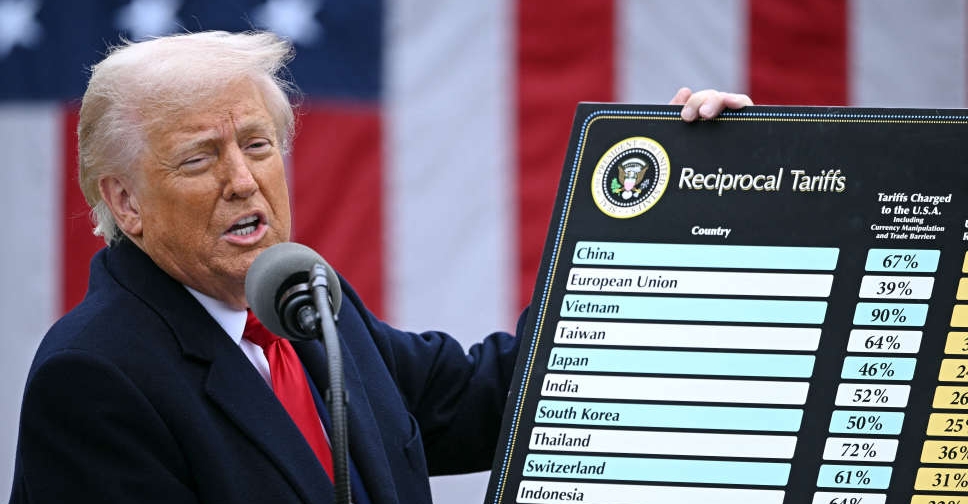
Apple on Saturday said it has identified a few issues which can cause new iPhones to run warmer than expected, including a bug in the iOS 17 software which will be fixed in an upcoming update.
After complaints that the new phones are getting very warm, Apple has said that the device may feel warmer in the first few days "after setting up or restoring the device because of increased background activity."
"Another issue involves some recent updates to third-party apps that are causing them to overload the system," Apple said, adding that it is working with app developers on fixes that are in the process of being rolled out.
The third-party apps causing the issue include game Asphalt 9; Meta's Instagram; and Uber, according to the company. Instagram already fixed the issue with its app on September 27.
The upcoming iOS 17 bug fix will not reduce performance to address the iPhone's temperature.
The Cupertino, California-headquartered company said that the iPhone 15 Pro and Pro Max do not suffer from overheating due to the design, rather the new titanium shells result in improved heat dissipation compared to prior stainless steel models.
Apple also said the issue is not a safety or injury risk, and will not impact the phone's long-term performance.


 Shares bruised, dollar crumbles as Trump tariffs stir recession fears
Shares bruised, dollar crumbles as Trump tariffs stir recession fears
 Wall Street futures sink as tariffs fuel recession fears
Wall Street futures sink as tariffs fuel recession fears
 Trump to impose 10% tariff on UAE, Saudi Arabia imports
Trump to impose 10% tariff on UAE, Saudi Arabia imports
 UAE tops global entrepreneurship rankings for 4th straight year
UAE tops global entrepreneurship rankings for 4th straight year
 Emirates launches express delivery service
Emirates launches express delivery service




